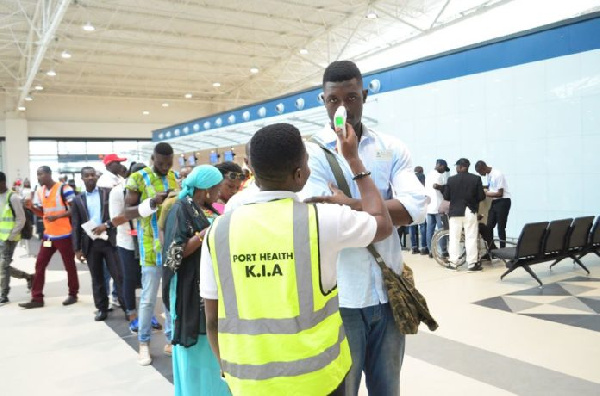Consider giving head teachers more freedom – Ayariga

Member of Parliament for Bawku Central, Mahama Ayariga, is making a case for headteachers to be given more freedom to turn around the fortunes of basic education as an alternative to the Ghana Partnership Schools (GPS) initiative.
Speaking on The Big Issue, Mr. Ayariga noted how little power and management competency public school head teachers had.
He recalled how when he was a deputy Minister of Education, he had pushed for Ghana Institute of Management and Public Administration training for all head teachers.
“If your qualification to get there is simply that you have been teaching for long even when you haven’t displayed leadership skills, you don’t have management competencies, then we are in trouble.”
Aside from this, he also noted that public school headteachers are “constrained by all sort of rules and regulations regarding procedures for disciplining teachers.”
“But in the private school, you come late, the man fires, he suspends you, he cuts your salary… he doesn’t have to account to anybody for his decision so punishment is swift and certain for misconduct and non-delivery.”
Though he didn’t express outright opposition to the Ghana Partnership Schools he urged the government to “do it properly. Let’s all discuss it. Let all the critical stakeholders participate.”
Mr. Ayariga also reiterated a call he has made to the government to consider charter schools.
“Let us see what the outcomes are after a few years; when the same headteachers are given new roles as charter persons running the same schools relative to when they are appointed by GES with those limitations in terms of the powers they have,” he concluded.
Opposition to ‘privatising’ basic education
The four teacher unions are already opposed to the project though the government has no intention of backing down.
President of the National Association of Graduate Teachers (NAGRAT), Angel Carbonu said teachers in the country will do everything possible to make government rescind the decision since the implementation of the policy.
He stressed that this policy will deprive them of their dignity.
The struggles of government basic schools have been well documented with many of them lacking key infrastructure and human resources. In 2010, there were almost 3,000 schools said to be under trees.
This is compounded by the fact the government delays in releasing key intervention like the capitation grants, where the government supports schools by paying GHc 10 per pupil.
General Secretary of GNAT, David Ofori Acheampong, when voicing his opposition to the new policy, noted that the government was yet to release capitation grants for 2018/19 academic year.
The Ghana Partnerships School project will commence in September 2019 will be piloted in the Ashanti, Northern, Central and Greater Accra Regions.
Aside from the project, the Education Ministry has also noted that the World Bank will also be funding some 7,000 basic schools.
Public Relations Officer of the Education Ministry, Vincent Ekow Assafuah said of the policy: “It is the Ghana Education Service that is the policy implementer. What we are doing is that, we are allowing the World Bank to fund about 7,000 of the schools and by so doing they are going to provide learning grants to them and train teachers. The GPS is just for 50 schools in the country and they are going to help these schools to improve learning outcomes, and that is what we are doing.
–
Source: citinewsroom.com





